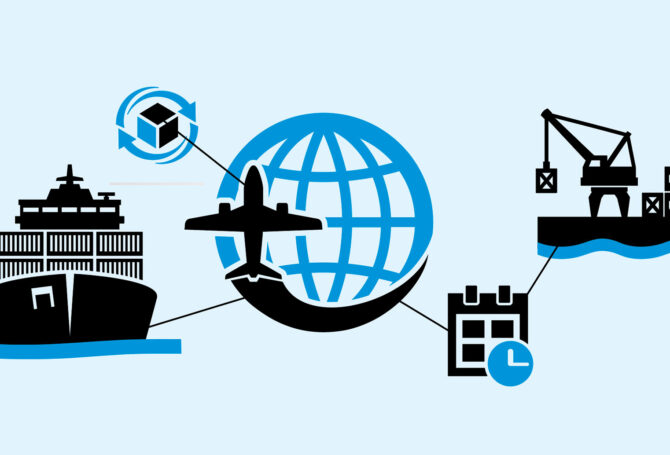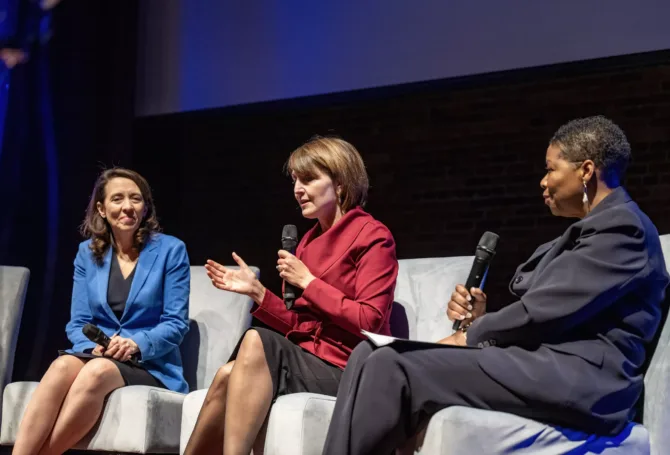
The growing coronavirus outbreak caused Louisiana to postpone its April 4 primary election until June. Wyoming’s Democratic Party canceled its in-person primary April 4 and urged voters to pick up and drop their ballots. In approaching elections in several states, poll workers are defecting to avoid exposure. Wisconsin gave nursing home residents the ability to vote by mail in its April 7 primary. Alabama, which has a runoff primary March 31, has expanded the reasons voters can cite to request mail-in ballots. Maryland is contemplating converting its April 28 primary to vote-by-mail.
This is music to the ears of Wyden, who has been touting paper ballots as the antidote to cyber-mischief with electronic voting machines, is now pushing to vote-by-mail as a safe way for Americans to vote during a crisis. Oregon’s senior senator introduced legislation last week to spend $500 million of federal funds to assist states switch to mail-in elections and encourage turnout without unnecessary exposure at public voting places.
“No voter should have to choose between exercising their constitutional right and putting their health at risk,” Wyden said. “When disaster strikes, the safest route for seniors, individuals with compromised immune systems or other at-risk populations is to provide every voter with a paper ballot they can return by mail or at a drop-off site. This is a nonpartisan, common-sense solution to the very real threat is looming this November.”
If passed by Congress, Wyden’s bill would go into effect if 25 states declare a coronavirus state of emergency. As of last weekend, 39 governors have declared states of emergency. Forty-nine states have reported cases of COVID-19 and public health officials expect the number of reported cases to spike when testing becomes more widespread. Many states, including Oregon and Washington, are moving toward lockdown status as a strategy to slow down the spread of COVID-19 and prevent hospitals from being overrun and their staffs overtaxed with a sharp uptick in cases.
Oregon was the first state to switch entirely to vote-by-mail in the 1990s. The practice has steadily grown nationwide so that 31 million Americans – roughly a quarter of all voters – cast ballots by mail in 2018. Many of those voters used absentee ballots as states loosened the rules for such balloting. Five Western states already conduct all elections by mail-in ballot. California is headed in that direction.
Shifting to vote-by-mail takes some time and voter education. Cost could be a factor, which is where Wyden’s bill comes into play. States that now use voting machines would have to obtain optical scanners to count paper ballots. And, states would have to pay the rising cost of postage. However, Oregon election officials discovered it was cheaper to mail ballots to registered voters than set up and man polling places. Logistics also are different for mail-in elections. Election officials have to make sure enough ballots are printed with the right races for each political subdivision within a state.
Skeptics at first warned Oregon mail-in ballots could be more susceptible to undue influence or fraud. In practice, there has been scant evidence of voter fraud. While Oregon law requires each voter to mark his or her own ballot, it is relatively common for couples or families to sit around a kitchen table, discuss candidates and issues and then vote.
Wyden and many election officials say the bottom-line benefit of mail-in elections are the paper ballots, which can be preserved and counted on a precinct-by-precinct basis. Mailing in or dropping off a ballot is a lot safer than going to a crowded polling place and standing in line. Using a sponge instead of a tongue to seal a mail-in ballot envelope is safer, too.
Wyden’s legislation would prohibit use of any of the $500 million he proposes to pay for electronic or internet voting systems, which could bump into Senate Majority leader Mitch McConnell who has sided with electronic voting machine manufacturers.
Another political obstacle is resistance to a voting scheme that has demonstrated it increases voter turnout, especially in non-presidential elections.



